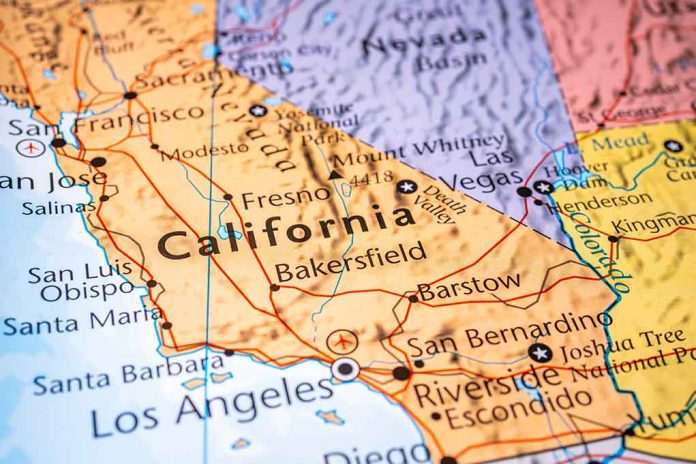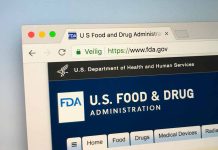
San Diego’s City Council is seeking recognition of the Tijuana River Valley crisis as a national emergency.
At a Glance
- San Diego City Council approved a resolution requesting a national emergency declaration for sewage outflow in the Tijuana River Valley.
- Resolution passed 7-0, focusing on health concerns due to high levels of noxious gases.
- The resolution aims to secure full EPA funding for infrastructure solutions.
- Over 200 billion gallons of toxic waste have flowed into the U.S. from the Tijuana River since October 2018.
- Public health authorities and scientists present conflicting information about air quality safety.
San Diego City Council Demands National Emergency Declaration
San Diego City Council approved a resolution requesting the federal government to declare a national emergency regarding sewage outflow in the Tijuana River Valley. The resolution, passed unanimously with a 7-0 vote, seeks full funding for the Environmental Protection Agency’s (EPA) infrastructure solutions to tackle the ongoing pollution crisis.
The resolution addresses mounting health concerns due to high levels of noxious gases emanating from the river valley. Councilwoman Vivian Moreno expressed her deep concerns about the issue, saying, “We’re left feeling like the federal government has forgotten about us.”
Historical Context and Federal Negligence
The state of emergency for the Tijuana River Valley was first declared in 1993. Imperial Beach and the county issued similar declarations in 2017 and 2023, respectively. Despite this, the federal response has reportedly been sluggish. Since October 2018, more than 200 billion gallons of toxic waste have flowed into the U.S. through the Tijuana River Valley.
“Over the last three decades, the federal government has said [the people of the South Bay] don’t matter enough to take action,” City Council President Sean Elo-Rivera said. “I wish this was one we could solve on our own, but we need the federal government to get this done.”
Residents are increasingly frustrated by the slow pace of action and the chronic health issues linked to the pollution. The International Boundary and Water Commission (USIBWC) has used just $4 million of $40 million allocated for infrastructure maintenance at the South Bay International Wastewater Treatment Plant.
Federal Efforts and Local Developments
The U.S.-Mexico-Canada Agreement earmarked $300 million for the wastewater treatment plant, with over $400 million in federal funding secured for repairs and expansion. U.S. Senators Alex Padilla and Juan Vargas introduced a bill to consolidate infrastructure project efforts under the EPA to expedite the process. The bill is currently in Congress’s Committee on Environment and Public Works.
“It should be an outrage to all of us that in 2024, raw sewage and toxic waste is shutting down public beaches, polluting the air, and threatening the health of our families and readiness of our military and border personnel,” Padilla said.
Meanwhile, the County Board of Supervisors has moved to provide more air purifiers for South Bay residents with support from the California Air Resources Board. The San Diego City Council’s resolution aims to bring more comprehensive federal action to tackle this worsening crisis.
Health Risks and Conflicting Reports
Scientists from San Diego State University and UC San Diego found alarming levels of toxic gases like hydrogen sulfide and hydrogen cyanide spreading from the Tijuana River to nearby communities. These findings prompted schools to close outdoor activities and led the County Public Health Department to investigate. However, the county’s measurements did not align with the scientists’ data, leading to public reassurances that there was no serious health threat.
Despite the apparent inconsistencies, Imperial Beach Mayor Paloma Aguirre has altered her public messaging to underscore the gravity of the crisis. Atmospheric chemist Kim Prather from UC San Diego has been vocal about the public health risks posed by hydrogen sulfide. Prather argues that current safety standards do not account for community-wide exposure, raising questions about the adequacy of existing public health protections.
Sources
- National emergency declared for Tijuana River Valley
- San Diego City Council asks federal government to declare national crisis in Tijuana River
- City Council Asks Federal Government to Declare National Emergency Due to Border Sewage
- San Diego Asks Federal Government to Declare National Emergency for Tijuana River












